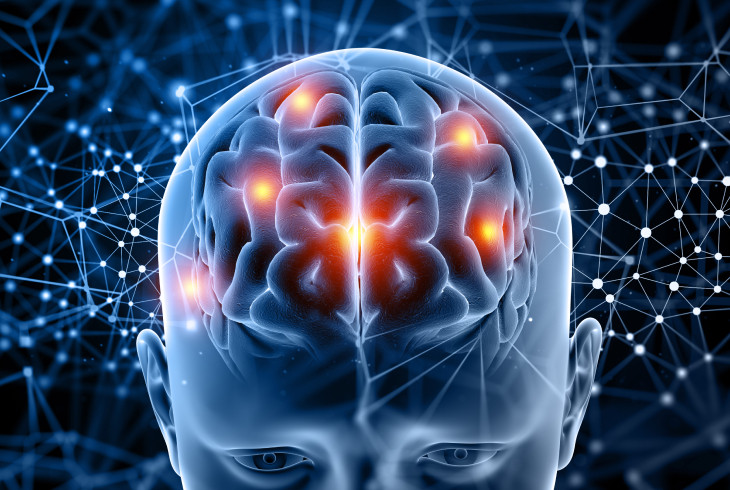

New
Traffic Pollution May Reduce Brain Function
10. 02. 2023
![]() Mobility
Mobility
Air pollution is a major environmental problem that has a significant impact on human health. It is caused by the release of harmful particles and chemicals into the air, primarily from human activities such as transportation, combustion and industrial processes. In a new study, scientists focused on the impact of traffic-related air pollution on the human brain.

This study from the University of British Columbia has shown that ordinary levels of pollution from traffic can significantly impair brain function in a short period of time. For decades, scientists thought that the brain was protected from the harmful effects of air pollution, but now it turns out that this may not be entirely true. The findings, published in the journal Environmental Health, suggest that even two hours of exposure to diesel exhaust can cause a decrease in brain performance.
This is the first controlled human experiment to provide evidence of the effects of air pollution on the brain. The study involved 25 healthy adults who were briefly exposed to diesel exhaust and clean air in a laboratory setting. Their brain activity was measured before and after exposure to the pollutants using functional magnetic resonance imaging. The researchers found that the participants exposed to the exhaust had decreased activity in the part of the brain responsible for memory, attention, reaction time, problem-solving skills and even symptoms of depression.
It is worth noting that brain function returned to normal when air pollution was not present. However, the study findings apply to short-term exposure, but the researchers do not rule out long-term consequences if a person is in a polluted environment continuously.
"It is important to ensure that the air filter in your car is in good condition, and if you walk or cycle on a busy street, consider taking a less busy route," recommends Dr. Chris Carlsten, the study's author.
While the current study only examined the cognitive effects of pollution caused by traffic, Dr. Carlsten said that other types of combustion can also be a problem, such as forest fires and others. It is important to avoid exposure to potentially harmful air pollutants, such as car exhaust, as much as possible to protect ourselves from possible health problems.
Simple steps like using public transportation, carpooling, or walking instead of driving, reducing energy use at home, and supporting clean energy initiatives can help reduce air pollution. It’s also important to be aware of local air quality conditions and take precautions during times of high pollution, which you can read about here. By working together to reduce air pollution, we can create a cleaner, healthier environment for ourselves and future generations.
Source: https://www.sciencedaily.com/releases/2023/01/230124112731.htm











